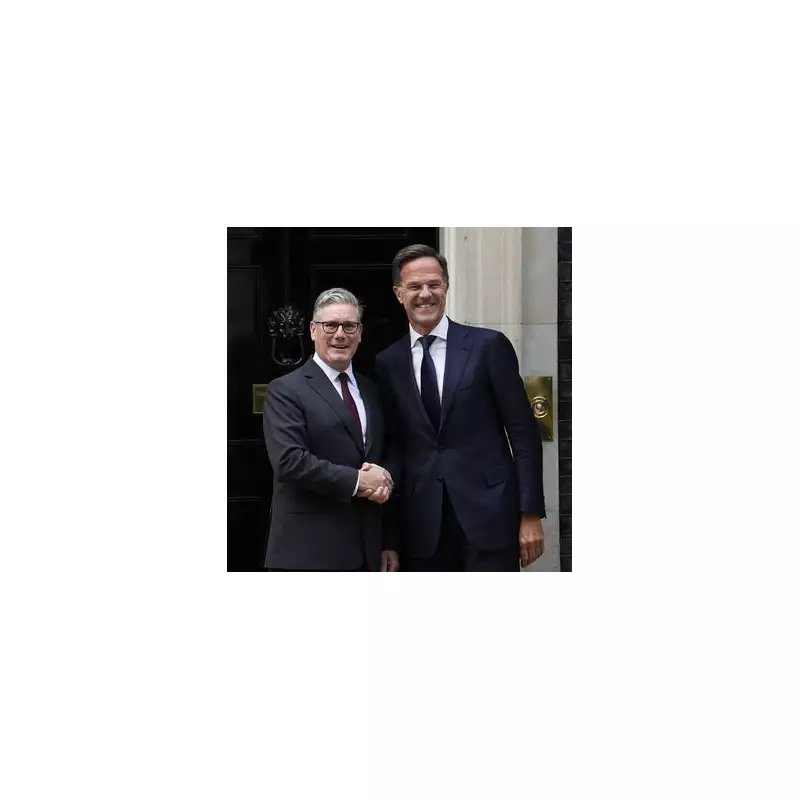
In a significant move that signals Britain's future defence priorities, Labour leader Sir Keir Starmer has publicly endorsed Dutch Prime Minister Mark Rutte to become the next Secretary General of NATO.
The backing comes as current NATO chief Jens Stoltenberg prepares to step down from his role in October, after nearly a decade at the helm of the military alliance.
Strategic Endorsement Amid Global Uncertainty
Sir Keir's endorsement represents a major foreign policy statement from the Labour leader, who is widely expected to become Britain's next Prime Minister following the upcoming general election. The move demonstrates his commitment to maintaining strong international alliances and a robust defence posture.
"The Labour Party is the party of national security," Starmer stated during a defence address, emphasising his commitment to the NATO alliance and Britain's role within it.
Why Mark Rutte?
Mark Rutte, the seasoned Dutch leader who has led the Netherlands since 2010, brings considerable experience to the table. His candidacy has been gaining momentum among several NATO members, though some eastern European nations have expressed reservations about appointing another western European to the role.
Rutte's extensive experience in European politics and his firm stance on supporting Ukraine against Russian aggression have strengthened his position as a frontrunner for the prestigious role.
Diplomatic Challenges Ahead
The appointment requires consensus among all 31 NATO member states, making the process particularly delicate. While the United States, Germany, France and now the UK have indicated support for Rutte, other nations including Hungary and Turkey have yet to declare their positions.
This endorsement from a potential future British Prime Minister could prove crucial in building the necessary unanimous support for Rutte's appointment.
Labour's Defence Vision
Starmer's backing of Rutte aligns with his broader vision for Britain's defence strategy, which includes maintaining the country's nuclear deterrent and increasing defence spending to 2.5% of GDP when economic conditions allow.
The Labour leader has been working to position his party as strong on national security, a traditional weakness for Labour that he has been determined to address since becoming leader in 2020.
This early endorsement of NATO's potential next leader demonstrates Starmer's intention to hit the ground running on international relations should he enter Number 10 later this year.





